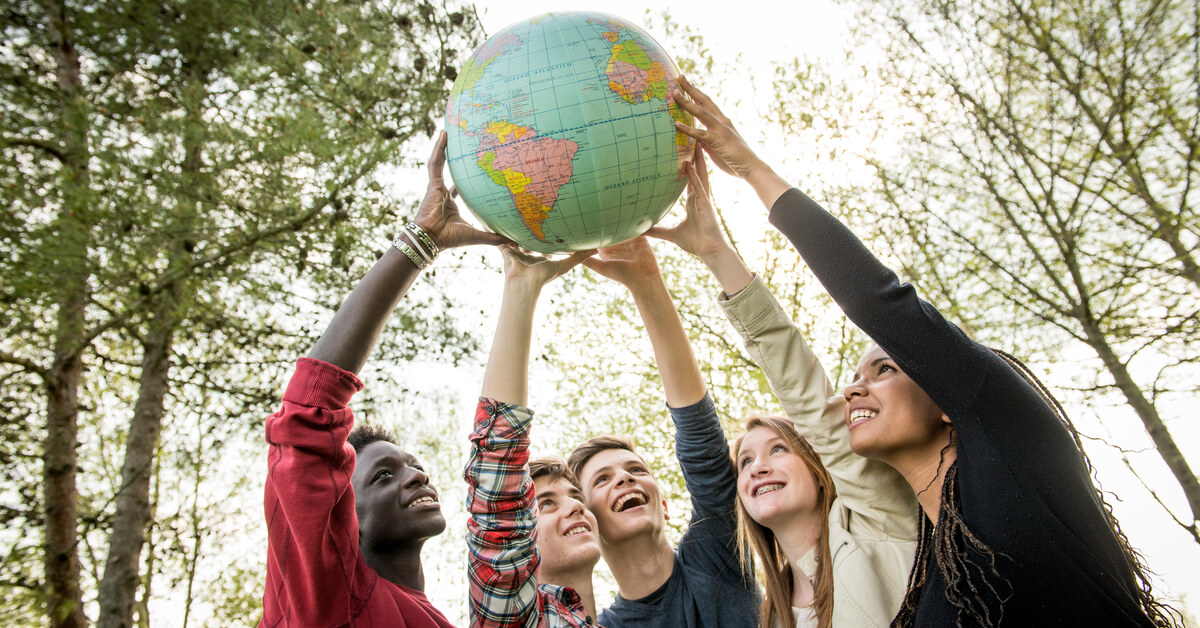Being called “educated” is an interesting label, isn’t it? It’s so absolute, with nary a whiff of nuance. Dive into the definition and you find the word struggles to go beyond various forms of itself. Merriam-Webster says the word means “having an education,” as if that too is an absolute. (Interestingly, they define “education” as “the action or process of educating or of being educated.” What was that rule about not using the word in its definition?) We’re either “educated” or, in some circumstances “under-educated” with not much in between.
Obviously, the vagueness of the definition leaves it open to many interpretations. Some will say you can’t be “educated” without a college diploma. Others will argue that the “educated” only truly achieve that through lived experience, not books. And still others see the educated as only those who share their basic worldview. Our sense of what it actually means in practice is all over the map.
But we all want our kids to be “educated,” right?
I wonder if that shared expectation can ever be realized in the context of how kids currently experience and navigate school. In fact, I would argue that getting a high school or college…



